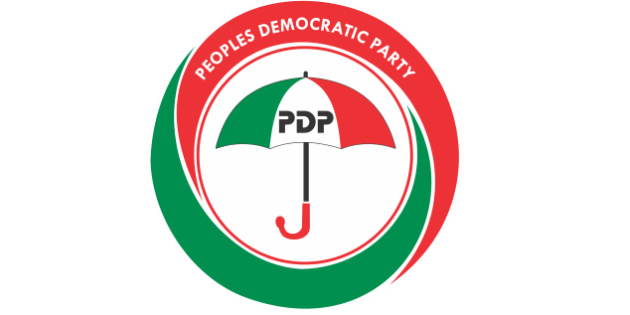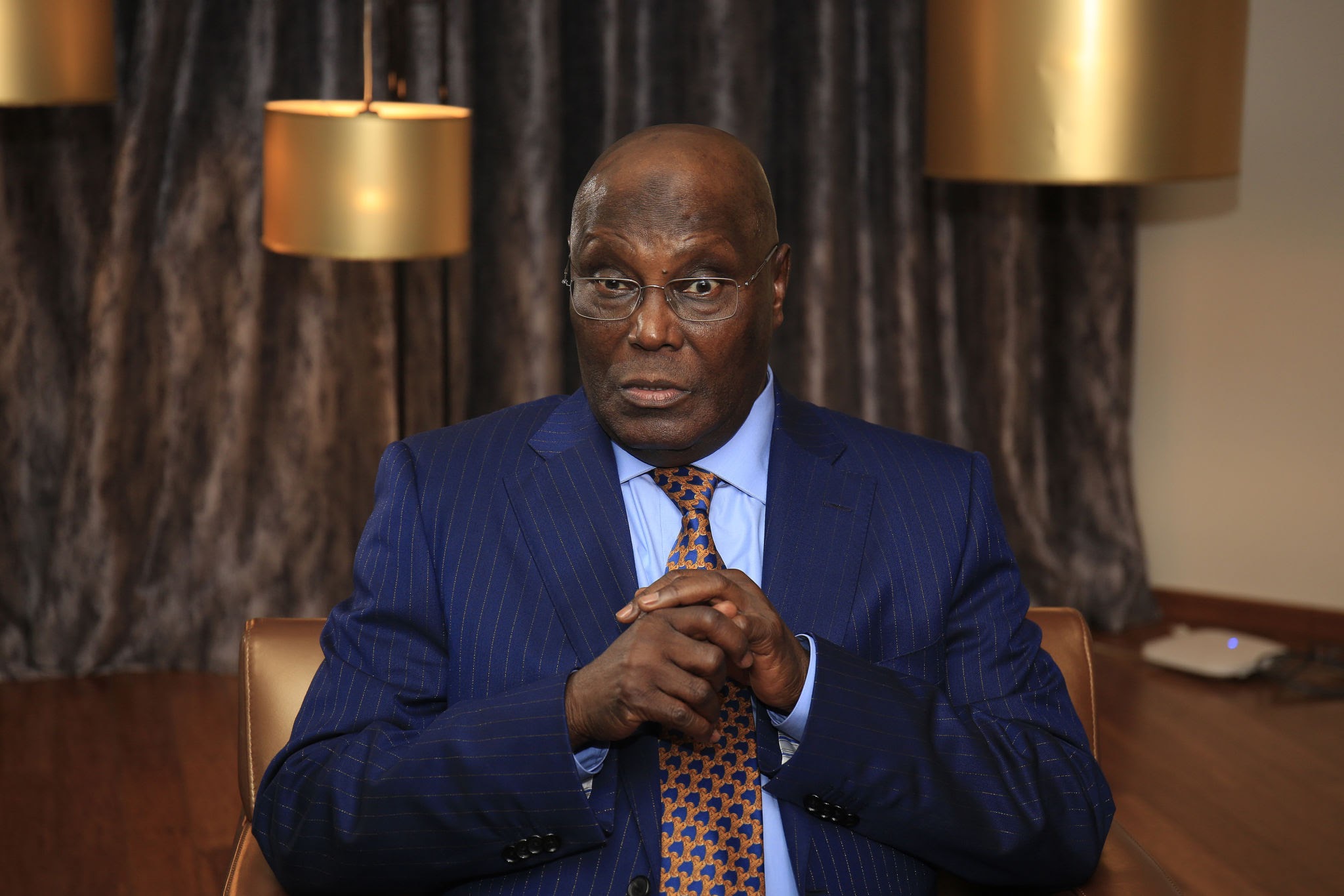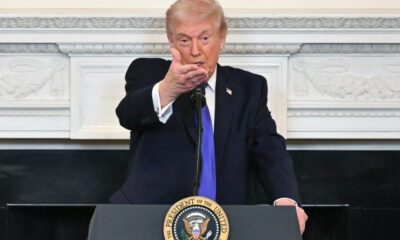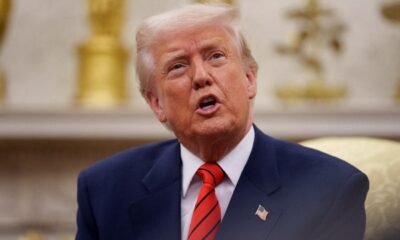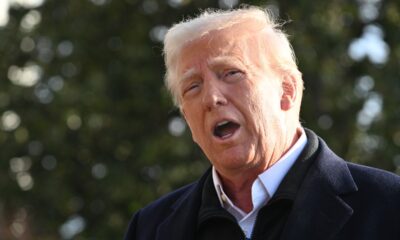World News
Trump, EU reach tariff deal to avoid transatlantic trade war
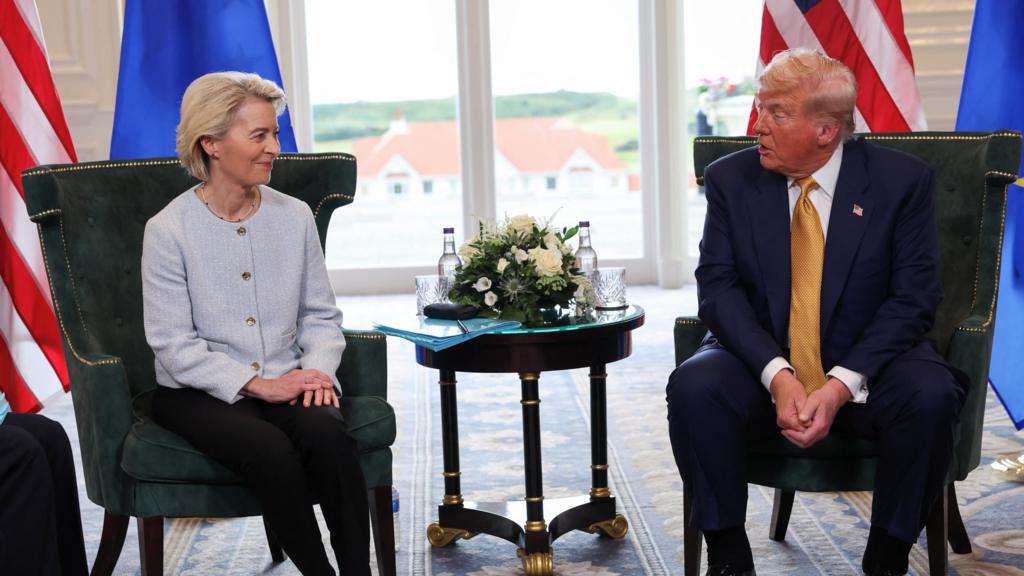
In a dramatic breakthrough just days before a looming deadline, U.S. President Donald Trump and European Commission President Ursula von der Leyen on Sunday announced a deal to resolve mounting trade tensions between Washington and Brussels, narrowly averting a major transatlantic trade war.
The agreement, revealed after high-level talks at Trump’s golf resort in Turnberry, Scotland, will see the imposition of a flat 15 percent tariff on all EU exports to the United States, including automobiles—significantly lower than the 30 percent blanket tariff the U.S. had threatened to enforce from August 1.
“We have reached a deal. It’s a good deal for everybody,” Trump declared, noting that the flat tariff would align with the level already secured by Japan. Previously, the EU was grappling with a 25 percent levy on autos, 50 percent on steel and aluminum, and a general 10 percent duty.
In addition to the tariff adjustment, Trump said the European bloc had agreed to purchase $750 billion worth of U.S. energy and invest a further $600 billion into the American economy.
Von der Leyen hailed the agreement as one that would restore “stability” and “predictability” to a transatlantic relationship worth nearly $2 trillion annually. “It’s a good deal,” she echoed, sitting beside Trump after their hour-long meeting. “It will bring stability. It will bring predictability. That’s very important for our businesses on both sides of the Atlantic.”
However, the deal appeared to fall short of key EU demands. Brussels had lobbied for exemptions for sensitive industries such as pharmaceuticals, aircraft, spirits, and automotive components—especially vital to France, Germany, and Ireland—but Trump rebuffed those calls.
“There are no carve-outs,” he emphasized, even adding that pharmaceuticals, a major Irish export, would be excluded from the agreement altogether. “We have to have them built, made in the United States.”
Trump also dismissed EU appeals for steel quota relief, insisting tariffs on European steel would remain at current levels.
Although the agreed 15 percent tariff still represents a jump from the previous 4.8 percent average for EU goods, it effectively avoids what observers feared could be a disastrous escalation in trade hostilities. Brussels had already prepared retaliatory tariffs targeting $109 billion worth of U.S. goods, including aircraft and cars, set to kick in from August 7 if no deal was reached.
Final approval of the agreement now rests with the EU member states, whose ambassadors were updated Sunday morning during a visit to Greenland. A follow-up meeting is expected after the announcement in Scotland.
Despite the short-term relief the deal may offer, political observers note that Trump’s broader push to remake global trade remains in full swing, with Commerce Secretary Howard Lutnick reiterating Sunday that the August 1 deadline was final: “No extensions, no more grace periods.”
As it stands, the EU may have dodged immediate confrontation—but the transatlantic trade order remains on an uneasy footing.
-

 Feature1 day ago
Feature1 day agoBiography of Tunji Disu, the newly appointed Inspector-General of Police
-

 Uncategorized2 days ago
Uncategorized2 days agoNUJ partners TETFUND on improved educational development, seek more funding for sector
-

 National News1 day ago
National News1 day agoBREAKING: Tinubu removes IGP Egbetokun, names successor
-

 Uncategorized2 days ago
Uncategorized2 days agoBREAKING :Nass shifts plenary Resumption to March 5
-

 News2 days ago
News2 days agoFIFA proposes one-minute rule for injured players to curb time-wasting
-

 News2 days ago
News2 days agoNigerian Army thwarts ambush, kills five suspected Lakurawa terrorists in Kebbi
-

 NUJ FCT23 hours ago
NUJ FCT23 hours agoBREAKING: FCTA Health Mandate Secretary offers 150 free insurance slots to NUJ FCT members
-

 World News1 day ago
World News1 day agoPolice arrest two women for kissing in public in Uganda








